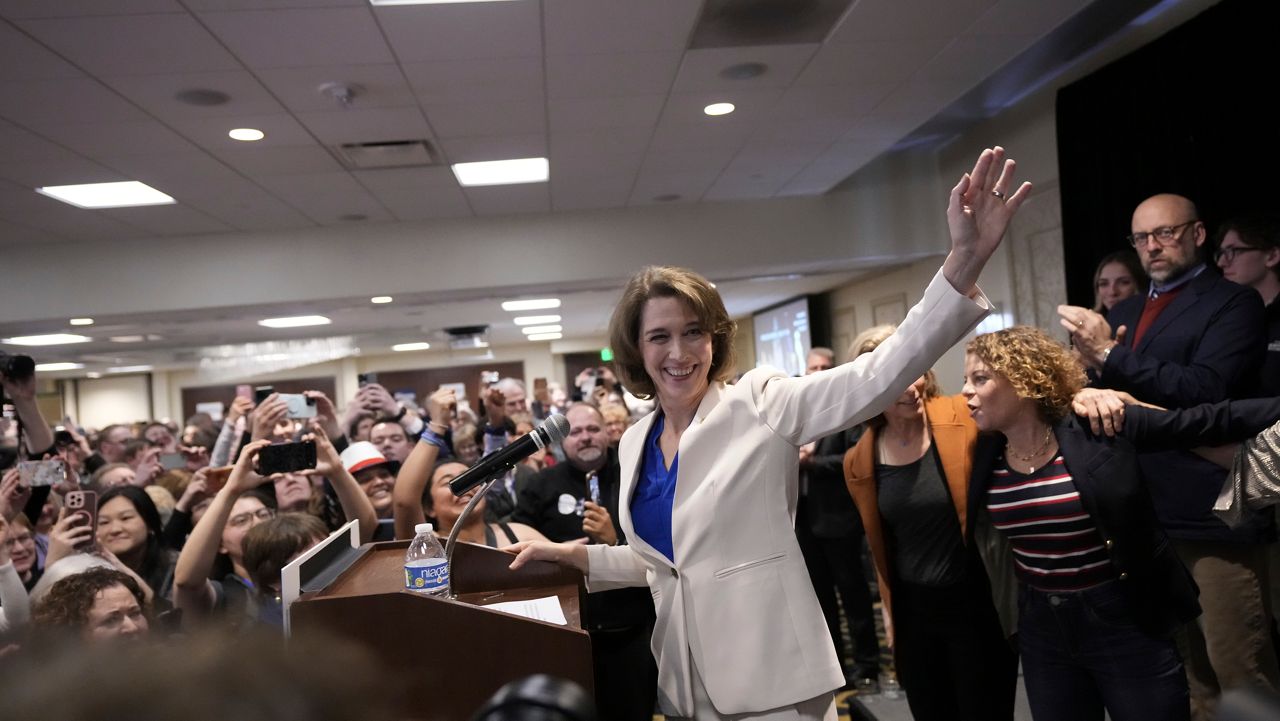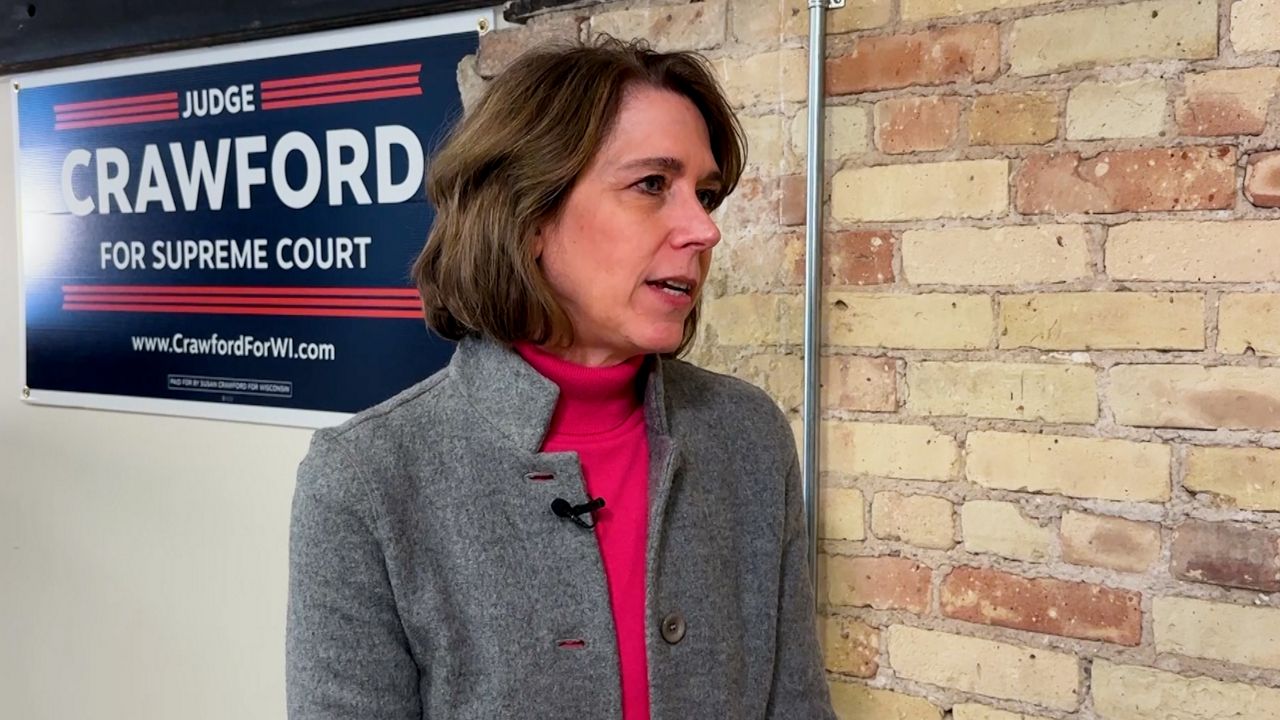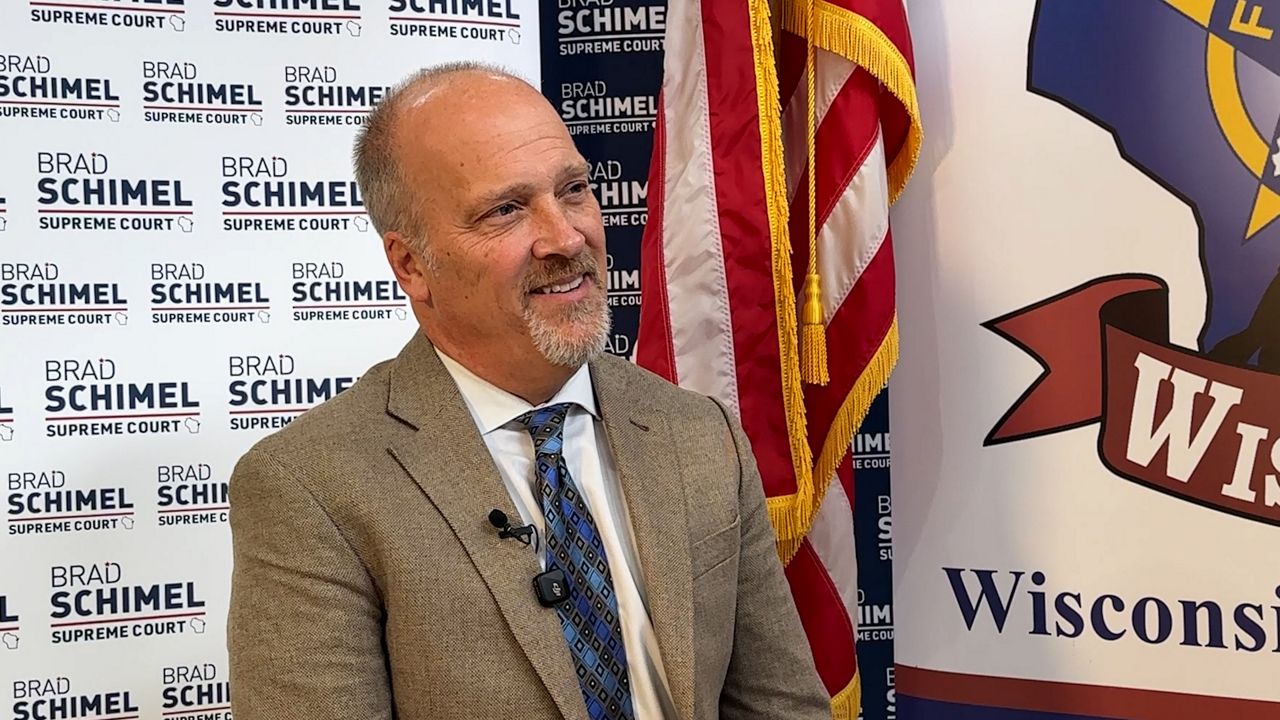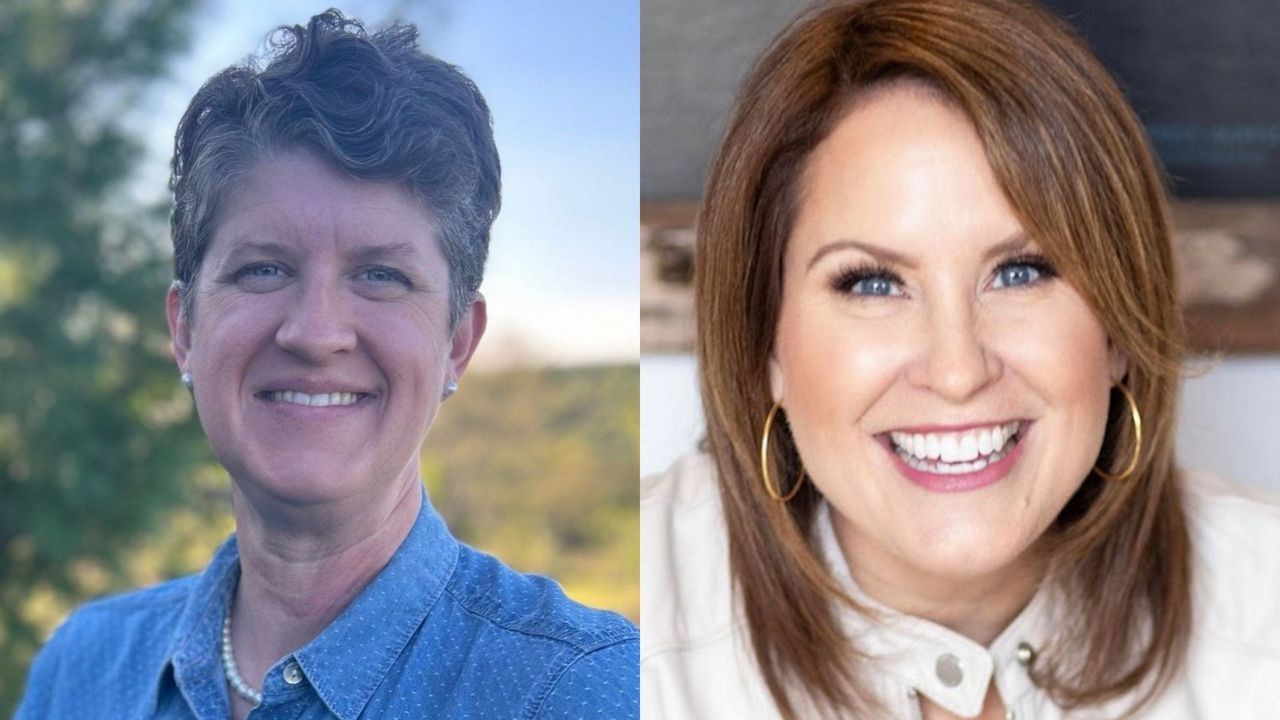MADISON, Wis. — From abortion rights and new legislative boundaries to finalizing a funding deal with the Universities of Wisconsin over diversity, equity, and inclusion (DEI) efforts, there are a lot of major issues to be resolved in the new year.
Spectrum News 1 Political Reporter Anthony DaBruzzi sat down one-on-one with Gov. Tony Evers to better understand how some of those hot-button topics might turn out.
Last month, the Wisconsin Supreme Court struck down the legislative boundaries drawn by Republicans in a ruling that wasn’t unexpected in the wake of liberal-learning justices regaining a majority on the court in 2023.
Both parties are expected to submit their version of proposed maps to the court this week for consideration as Evers wasn’t overly optimistic he and the Legislature could find agreement on a new version.
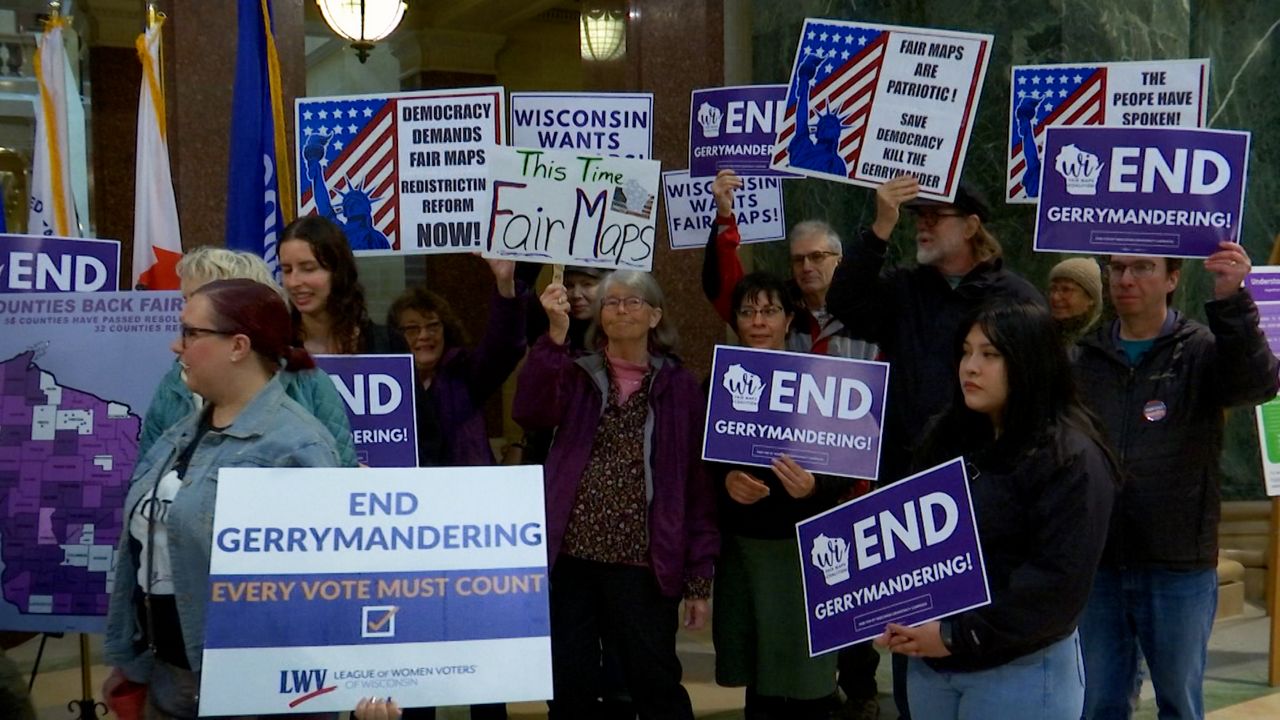
“They created the monster we have now,” Evers said. “And so, I’m not sure they're going to be in a place where their proposal from the Legislature is something that might be supported by me. I don't know. We'll find out. We're ready for the possibility that that will not happen, that we will not be able to reach any kind of compromise. We have to have fair maps. We have to make sure that we have competitive races, and if they come up with something like that, working with our Democratic colleagues, we'll see—but at the end of the day, I'm convinced that that's not going to happen and that we're going to end up going straight to the court.”
Abortion rights was a cornerstone of Evers' reelection campaign in 2022, so it’s no surprise he’s been outspoken about opposing anything short of the rights that existed under Roe v. Wade. That includes talk of a proposal by Republicans to put a question on the spring ballot asking voters whether abortion should be limited to 12-14 weeks of pregnancy.
“No, I will veto that. We're in a position now that we were before Roe was discarded by the U.S. Supreme Court, so that's where we should be, and 12 weeks, six weeks, whatever they come up with—it's not adequate,” Evers said.
“Disappointed” and “frustrated” were a couple of words Evers used to describe how he felt after the UW Board of Regents made an about-face vote last month and accepted the Legislature's deal to scale back diversity, equity, and inclusion efforts in exchange for millions of dollars in funding.
Some parts of those agreements could require his blessing, but only time will tell. Regardless, Evers said he’s taken legal action against the speaker because he feels many parts of the deal are already settled law.
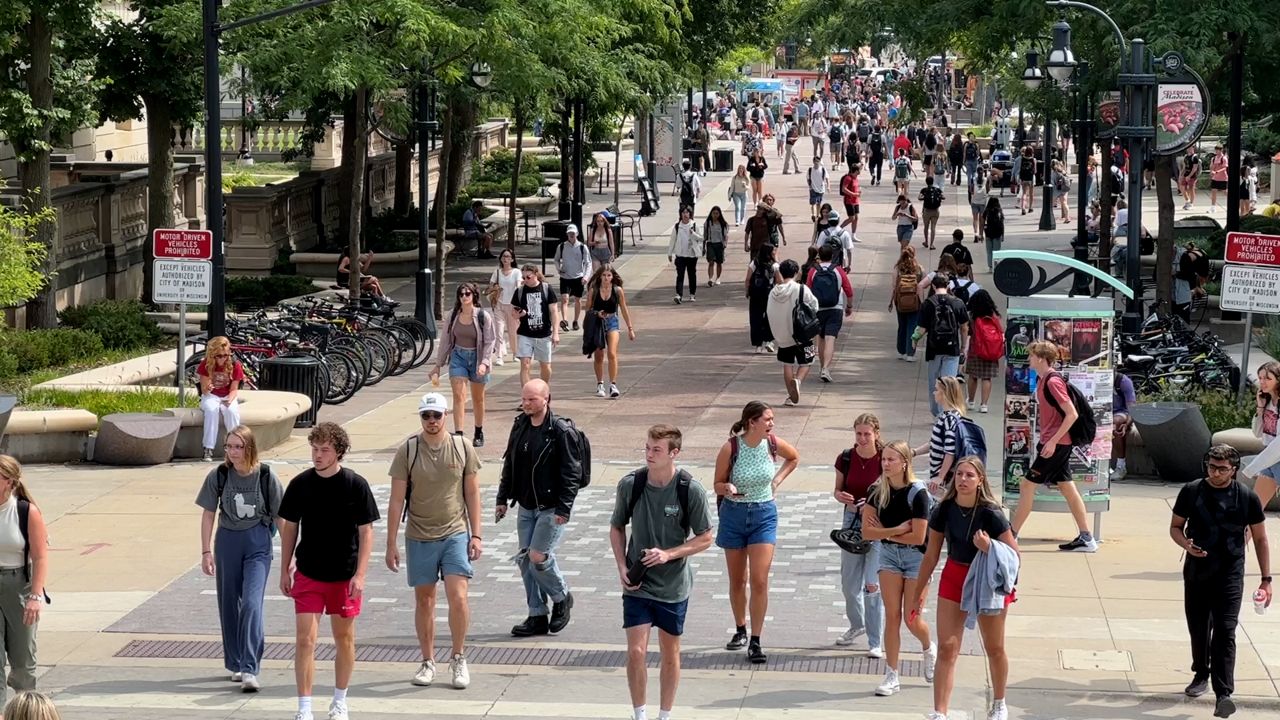
“My disappointment was the Board of Regents was bargaining on two things that had already been decided,” Evers explained. “The money for the staff, that was in the budget. I signed that budget, it's part of state law. That's not negotiable. In addition, I've done a lot of bargaining in my life, and you don't bargain [for] something that's already settled. DEI was part of the budget—I vetoed it. They couldn't override [that] veto, so that is not in the statutes. So, you know, bargaining for some of the things that are already solved, that puts them in a really weird place. And so, I just thought it was wrong—period.”







